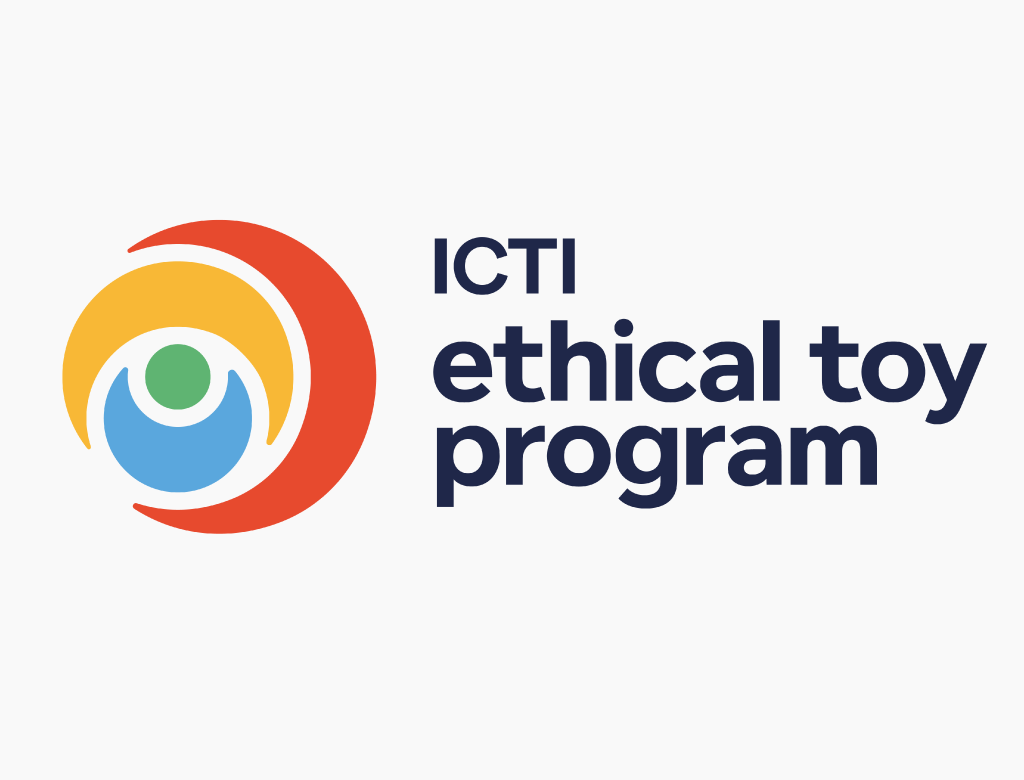The Ethical Toy Program and Save the Children partnered to broaden well-being programs that support migrant parent workers.
The partnership starts with a webinar series exploring aspects of how the life cycle of a toy impacts children. It will also update companies on actions they can take to respect and support children’s rights. The first webinar in the series will take place May 2. It will introduce and present how the Children’s Rights and Business Principles (CRBP) are relevant for the toy and entertainment industry together with examples of practical actions in China.
About CRBPs
Taking the CRBPs as a framework, Save the Children and Ethical Toy Program will engage the toy industry at a global level to expand existing programs and identify new opportunities to maximize positive impacts on children and families throughout the toy industry supply chain.
The CRBPs are based on the UN Convention on the Rights of the Child. They align with the UN Guiding Principles on Business and Human Rights and support the UN Sustainable Development Goals. The Principles provide a comprehensive framework for understanding and addressing the impact of business on the rights and well-being of children, requiring business to respect and support children’s rights by both preventing harm and actively safeguarding children’s interests.
Family-Friendly Spaces
Since 2016, Ethical Toy Program has partnered with the Centre for Child Rights and Corporate Social Responsibility (CCR CSR), a subsidiary of Save the Children, on programs to support migrant parent factory workers with left-behind children in China. Together, they have established Family-Friendly Spaces (a.k.a. Child-Friendly Spaces) to reunite migrant parent workers with their left-behind children and delivered migrant parents training to strengthen the remote parenting skills of over a thousand workers.
The partnership will also see both organizations scale existing collaboration to deliver programs to support migrant parents with left-behind children at toy factories in China. The Family-Friendly Spaces program started from a two-factory pilot in 2016. It will expand to cover 30 factories in 2019 reuniting thousand more workers with their left behind children and strengthening childcare provision for factory workers.
Commenting on the partnership, Mark Robertson, senior vice-president at the Ethical Toy Program, said, “We are proud of the progress we’ve achieved with the toy industry to advance worker well-being in the global toy supply chain, and working with Save the Children, we look forward to extending these programs to benefit thousands more factory workers and their families. We are excited to partner with Save the Children to guide our members as they work to respect and support children’s rights through their core business strategies and operations.”

